10 Best Herbal Tinctures For Itchy Skin

Herbal tinctures are concentrated liquid extracts made by soaking plant material in alcohol or glycerin, and they are commonly used to treat itchy skin due to their natural antifungal, antibacterial, and anti-inflammatory properties.
Commonly used herbs in these tinctures include calendula, chamomile, echinacea, and sage, which have been traditionally valued for their soothing and healing effects. When applied topically, these tinctures can help reduce redness, irritation, and itching caused by conditions such as eczema, psoriasis, or insect bites. However, it is important to dilute them properly with a carrier oil or water to avoid skin irritation, as some herbs may be too potent for direct application.
As with any natural remedy, it is advisable to consult a healthcare professional before using herbal tinctures, especially if you have sensitive skin or an underlying medical condition.
Table of Contents
- 1. St. john's wort (Hypericum perforatum)
- 2. Aloe vera (Aloe barbadensis)
- 3. Marigold (Calendula officinalis)
- 4. German chamomile (Chamomilla recutita)
- 5. Stinging nettle (Urtica dioica)
- 6. English lavender (Lavandula angustifolia)
- 7. Echinacea (Echinacea purpurea)
- 8. Plantain (Plantago lanceolata)
- 9. Camellia (Camellia sinensis)
- 10. Field horsetail (Equisetum arvense)
1. St. john's wort (Hypericum perforatum)

Hypericum perforatum, commonly known as St. John's Wort, is a traditional herbal remedy that has been used for centuries to treat various skin conditions, including itchy skin.
Its tincture form is often prepared by soaking the dried plant material in alcohol, allowing the active compounds, such as hypericin and hyperforin, to be extracted. These compounds are believed to possess anti-inflammatory and antiseptic properties that can help soothe irritation and reduce itching. When applied topically, hypericum perforatum tinctures may provide relief from conditions like eczema, psoriasis, or insect bites.
However, it is important to consult a healthcare professional before using this remedy, as it can interact with certain medications and may cause photosensitivity in some individuals.
2. Aloe vera (Aloe barbadensis)
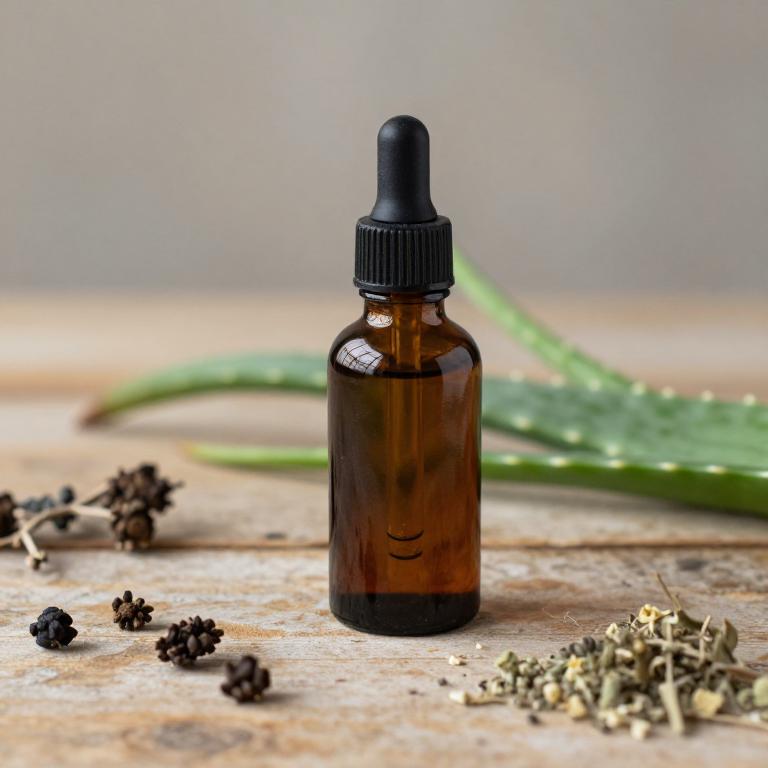
Aloe barbadensis, commonly known as aloe vera, is a popular herbal remedy used in tincture form to soothe itchy skin.
These tinctures are typically made by extracting the gel from the aloe leaf and combining it with alcohol, creating a concentrated form that can be applied topically. Aloe vera tinctures are valued for their anti-inflammatory and moisturizing properties, which help reduce irritation and promote skin healing. They are often used for conditions such as eczema, psoriasis, and sunburn, where itching and redness are common symptoms.
Due to their natural composition, aloe barbadensis tinctures are considered a safe and effective option for those seeking a gentle, plant-based treatment for itchy skin.
3. Marigold (Calendula officinalis)

Calendula officinalis herbal tinctures are derived from the flowers of the calendula plant, known for their soothing and anti-inflammatory properties.
These tinctures are commonly used to alleviate itchy skin due to their ability to reduce irritation and promote healing. The active compounds in calendula, such as flavonoids and triterpenes, help to calm the skin and reduce redness. When applied topically, calendula tinctures can provide relief from conditions like eczema, psoriasis, and insect bites.
However, it is important to perform a patch test before use to ensure there is no allergic reaction.
4. German chamomile (Chamomilla recutita)
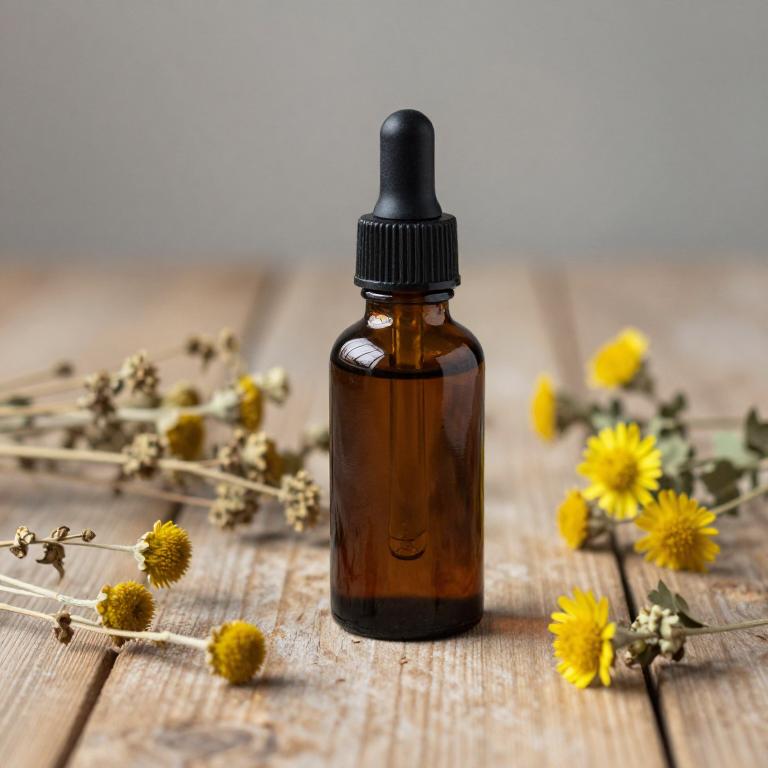
Chamomilla recutita, commonly known as German chamomile, is a popular herb used in tinctures for its calming and anti-inflammatory properties.
These tinctures are often used to soothe itchy skin due to their ability to reduce irritation and promote healing. The active compounds in chamomile, such as bisabolol and chamazulene, help to calm skin inflammation and relieve discomfort. When applied topically, chamomile tinctures can provide a gentle, natural remedy for conditions like eczema, psoriasis, or insect bites.
However, it is important to perform a patch test before use to ensure no allergic reaction occurs.
5. Stinging nettle (Urtica dioica)

Urtica dioica, commonly known as stinging nettle, is a potent herb used in the preparation of tinctures for relieving itchy skin.
These tinctures are typically made by soaking dried nettle leaves in alcohol, allowing the active compounds to be extracted over time. The plant contains compounds such as histamine, formic acid, and alkaloids, which can initially cause a stinging sensation but are believed to have anti-inflammatory and soothing effects when used externally. When applied topically, Urtica dioica tinctures may help reduce skin irritation and alleviate symptoms of conditions like eczema or psoriasis.
However, it is important to dilute the tincture properly and consult a healthcare professional before use, especially for individuals with sensitive skin or known allergies.
6. English lavender (Lavandula angustifolia)
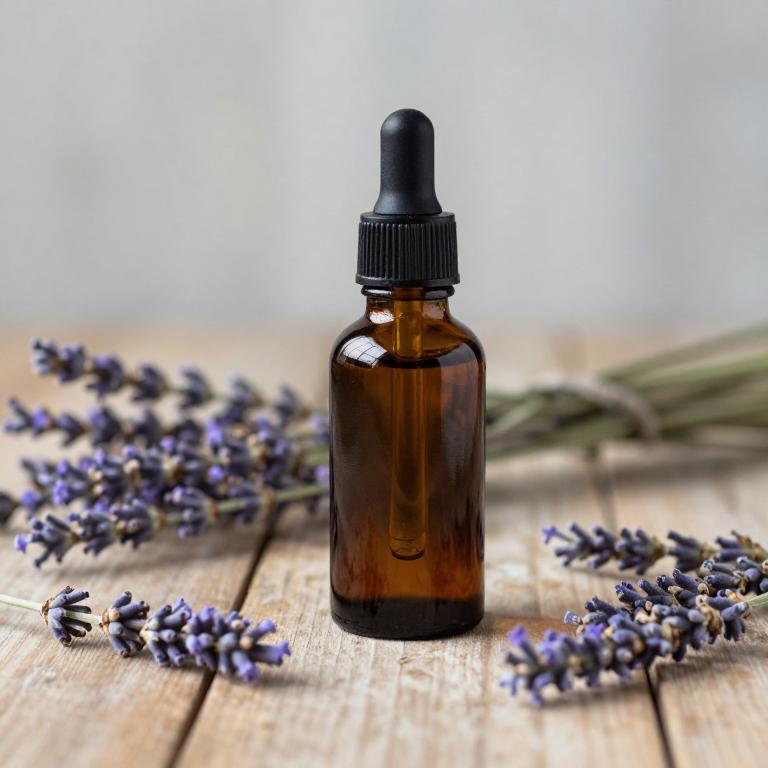
Lavandula angustifolia, commonly known as English lavender, is widely used in herbal tinctures for its soothing and anti-inflammatory properties.
These tinctures are often applied topically to relieve itchy skin caused by conditions such as eczema, psoriasis, or insect bites. The essential oils in lavender tinctures help calm the skin and reduce irritation through their antiseptic and analgesic effects. When diluted properly, lavender tinctures can be safely used on sensitive skin, offering a natural alternative to conventional treatments.
Regular use may promote skin healing and provide long-lasting relief from persistent itching.
7. Echinacea (Echinacea purpurea)

Echinacea purpurea herbal tinctures are traditionally used for their potential anti-inflammatory and immune-boosting properties, which may help alleviate symptoms of itchy skin.
These tinctures are typically made by soaking the dried roots and flowers of the echinacea plant in alcohol, allowing the active compounds to be extracted. While some studies suggest that echinacea may reduce skin irritation and redness, more research is needed to confirm its efficacy for itchy skin specifically. When using echinacea tinctures, it is important to dilute them with a carrier oil or water to avoid skin irritation, especially for those with sensitive skin.
As with any herbal remedy, it is advisable to consult a healthcare professional before use, particularly if you have existing skin conditions or are taking other medications.
8. Plantain (Plantago lanceolata)
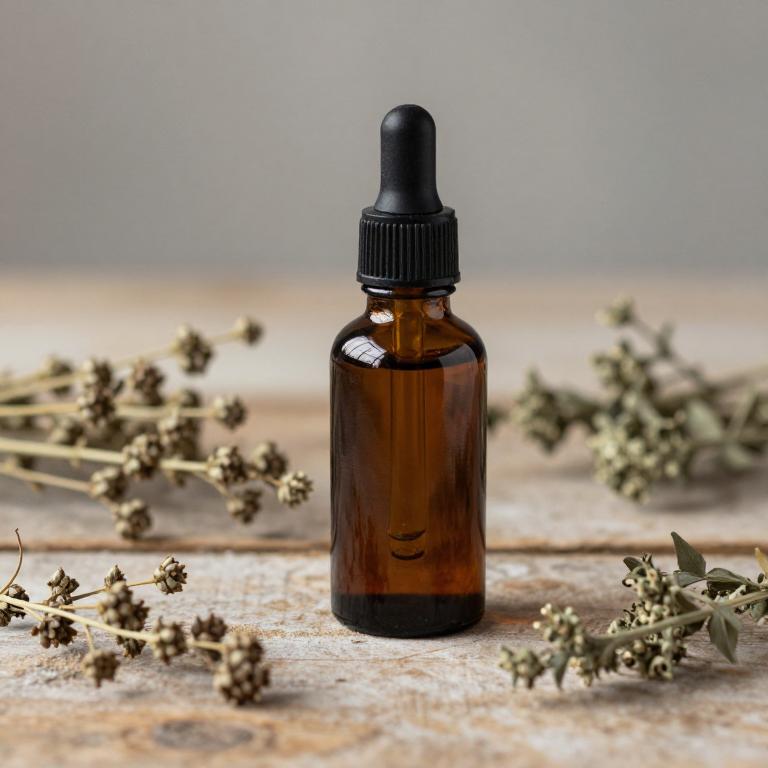
Plantago lanceolata, commonly known as broadleaf plantain, has been traditionally used for its soothing properties, making it a popular ingredient in herbal tinctures for itchy skin.
These tinctures are typically prepared by extracting the leaves of the plant with alcohol, allowing the active compounds such as aucubin and allantoin to be preserved. The anti-inflammatory and healing properties of Plantago lanceolata help reduce irritation and promote skin repair, making it effective for conditions like eczema or insect bites. When applied topically, these tinctures can provide relief from itching and redness without the side effects often associated with synthetic treatments.
As a natural remedy, Plantago lanceolata tinctures offer a gentle and accessible option for those seeking alternative care for itchy skin.
9. Camellia (Camellia sinensis)
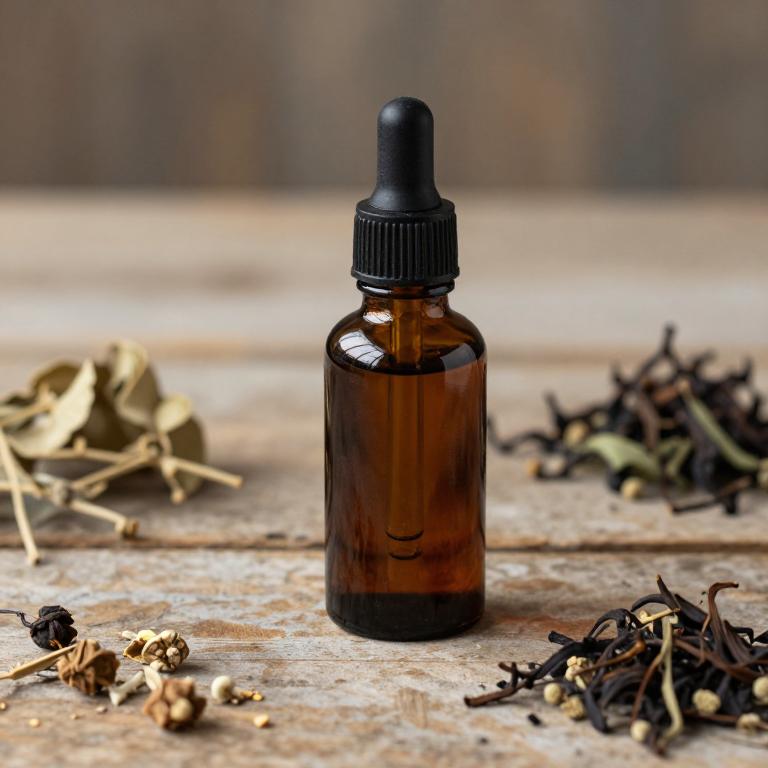
Camellia sinensis, the plant from which green and black teas are derived, is also used to create herbal tinctures that may offer relief for itchy skin.
These tinctures are typically prepared by soaking the dried leaves in alcohol to extract their active compounds, such as polyphenols and caffeine. The anti-inflammatory and antimicrobial properties of Camellia sinensis tinctures can help reduce skin irritation and redness associated with conditions like eczema or insect bites. Some individuals use these tinctures topically, diluting them with a carrier oil or water to avoid skin irritation.
While generally considered safe, it is advisable to consult a healthcare professional before using Camellia sinensis tinctures, especially for prolonged or widespread skin issues.
10. Field horsetail (Equisetum arvense)
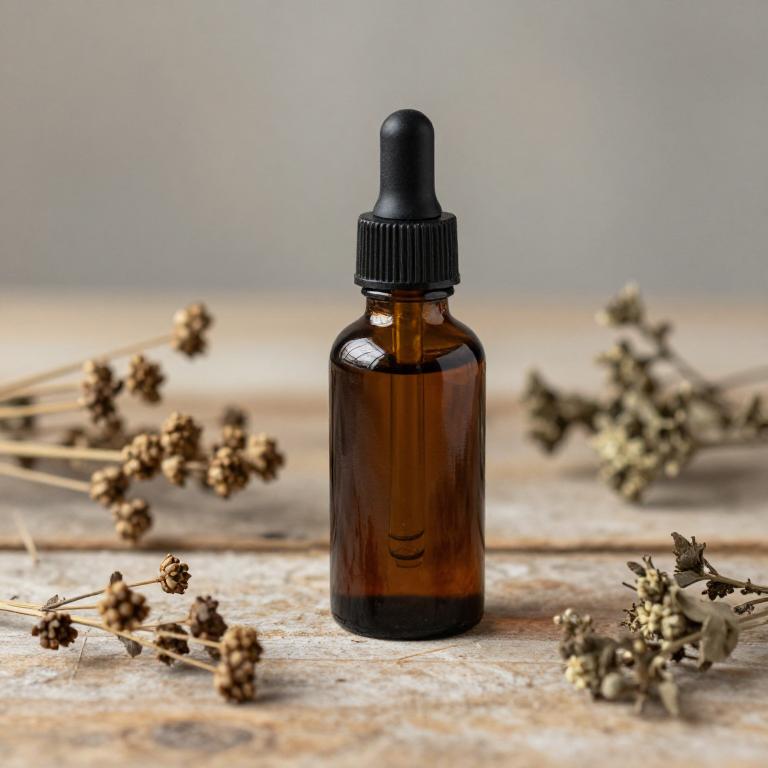
Equisetum arvense, commonly known as horsetail, is a medicinal plant that has been used for centuries due to its high concentration of silica and other beneficial compounds.
Herbal tinctures made from Equisetum arvense are often used to address itchy skin conditions, as they may help soothe irritation and promote skin healing. The tinctures are typically prepared by soaking the dried plant material in alcohol, allowing the active compounds to be extracted for topical application. These tinctures are believed to have anti-inflammatory and astringent properties, which can reduce redness and discomfort associated with various skin irritations.
However, it is important to consult a healthcare professional before using horsetail tinctures, especially if you have existing health conditions or are taking other medications.